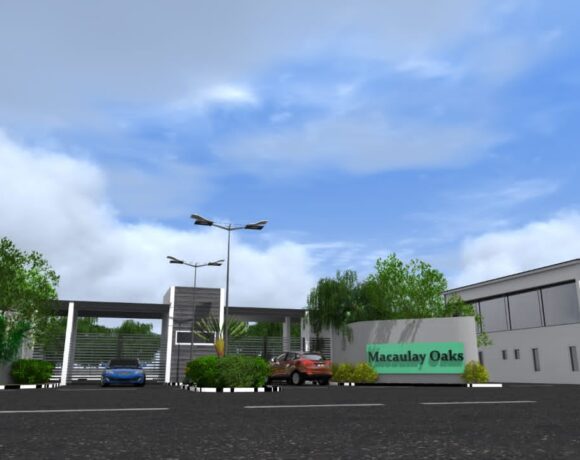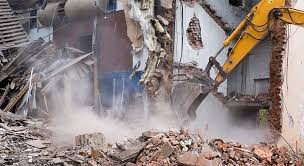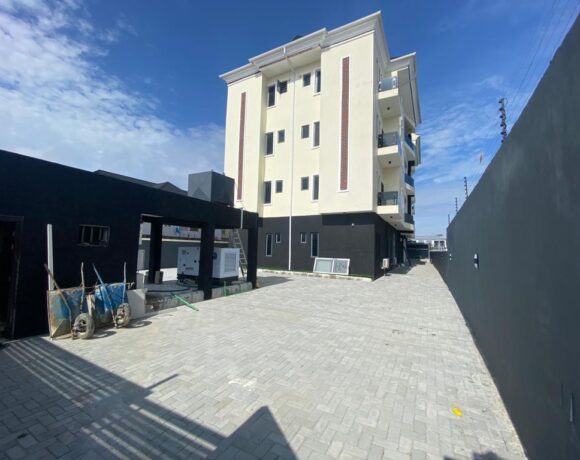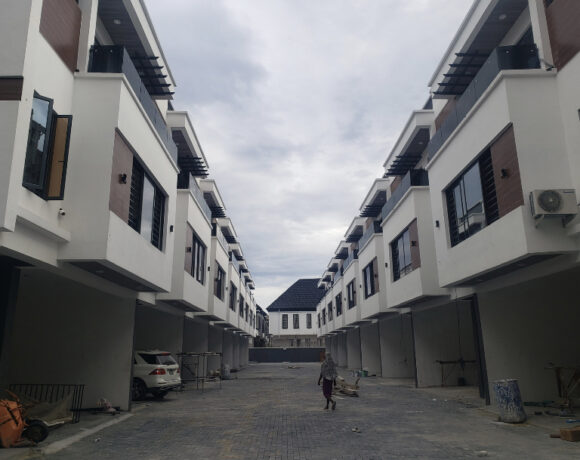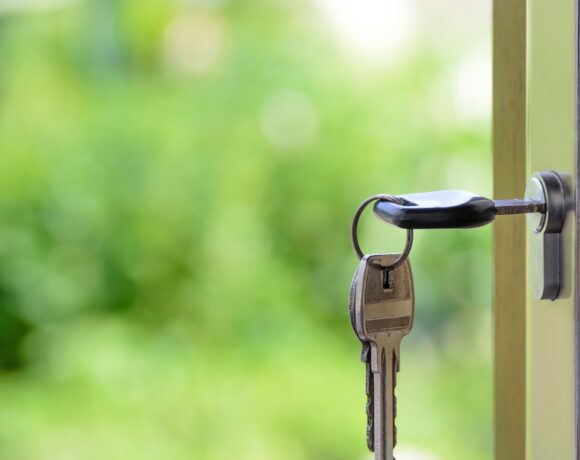Introduction
Nigeria, with its burgeoning economy and growing urban population, presents a dynamic real estate market both for rental and selling properties. From the bustling metropolis of Lagos to the serene environs of Abuja, the Nigerian property landscape is as diverse as it is robust. This essay delves into the intricacies of renting and selling properties in Nigeria, highlighting key trends, challenges, and opportunities within the sector.
Rental Properties in Nigeria
Types of Rental Properties
The Nigerian rental market is characterized by a variety of property types catering to different income groups and preferences. These range from:
- Self-contained rooms for individuals and low-income earners.
- Flats and apartments suitable for small to medium-sized families.
- Duplexes and detached houses for upper-middle-class and affluent individuals.
- Commercial spaces for businesses and entrepreneurs.
Demand and Location
Lagos, as Nigeria’s commercial capital, unsurprisingly leads the rental market with high demand for residential and commercial properties. Areas such as Victoria Island, Ikoyi, Lekki, and Ikeja are particularly sought after. Meanwhile, Abuja, the political capital, attracts civil servants, expatriates, and diplomats, with locations like Maitama, Asokoro, and Wuse being prime spots. Other cities like Port Harcourt and Ibadan also see significant rental activity, though at varying scales and price points.
Pricing Dynamics
Rental prices in Nigeria can be highly variable, influenced by factors such as location, property type, size, and amenities. For instance:
- A self-contained apartment in a suburban area might cost around ₦300,000 per annum.
- A two-bedroom flat in Lagos Mainland could go for approximately ₦1,000,000 to ₦2,000,000 per annum.
- Luxury apartments in highbrow areas like Ikoyi and Victoria Island can fetch rents of ₦5,000,000 to ₦10,000,000 or more per annum.
Challenges in the Rental Market
Tenancy Laws and Disputes
Despite laws like the Lagos State Tenancy Law 2011 aimed at regulating the relationship between landlords and tenants, disputes remain commonplace. Issues such as arbitrary rent increases, eviction without notice, and inadequate maintenance by landlords often lead to conflicts.
Security and Infrastructure
Security concerns and inadequate infrastructure in some areas can deter potential renters. While some estates offer gated security and reliable utilities, others suffer from poor road access, erratic power supply, and water shortages.
Selling Properties in Nigeria
Types of Properties for Sale
Similar to the rental market, the property sales market in Nigeria features a wide range of options, including:
- Undeveloped land for future projects.
- Residential houses ranging from bungalows to duplexes.
- Apartments and flats, particularly in urban developments.
- Commercial properties such as office spaces and retail outlets.
Popular Locations and Market Trends
Lagos and Abuja again dominate the scene, with high demand for properties. In Lagos, areas like Lekki, Ikoyi, and Victoria Island are hotspots for luxury property transactions. Abuja’s Maitama, Asokoro, and Wuse districts remain highly sought after. Additionally, cities like Port Harcourt and Kano also see significant real estate activities, particularly in their central business districts.
Property Prices
Property prices in Nigeria vary significantly based on location, type, and condition. For example:
- A plot of land in Ibeju-Lekki, Lagos, could be priced at around ₦5,000,000 to ₦10,000,000.
- A luxury 4-bedroom detached house in Lekki might cost upwards of ₦100,000,000.
- Apartments in high-rise buildings in Lagos or Abuja can range from ₦40,000,000 to ₦150,000,000 depending on the amenities and location.
Challenges in the Property Sales Market
Title Documentation and Verification
A major challenge in property sales is the verification of titles and documentation. Cases of land fraud and disputes over ownership are common. Prospective buyers often require the services of legal professionals and property consultants to navigate these issues.
Market Volatility
The real estate market in Nigeria can be volatile, influenced by factors such as economic conditions, government policies, and investor confidence. Changes in foreign exchange rates, for example, can significantly impact property prices, particularly in the luxury segment.
Opportunities in the Nigerian Real Estate Market
Real Estate Investment Trusts (REITs)
REITs offer opportunities for investors to participate in the real estate market without directly owning property. They provide a more liquid form of investment and can generate steady income through rental yields and property appreciation.
Affordable Housing Initiatives
There is a growing focus on affordable housing to address the housing deficit in Nigeria. Government and private sector initiatives aim to develop housing projects that are accessible to low and middle-income earners. These projects often involve partnerships and financing schemes to make home ownership more attainable.
Technological Advancements
The advent of PropTech (property technology) in Nigeria is revolutionizing the real estate market. Online platforms like PropertyPro and Nigeria Property Centre provide databases of properties for sale and rent, enhancing transparency and ease of access for buyers and renters. Virtual tours, digital payment systems, and blockchain technology for secure transactions are also gaining traction.
Conclusion
The rental and selling of properties in Nigeria present a mix of opportunities and challenges. While high demand in major cities like Lagos and Abuja drives growth, issues such as tenancy disputes, security concerns, and market volatility require careful navigation. However, with the ongoing development of affordable housing, advancements in PropTech, and the introduction of REITs, the Nigerian real estate market holds promise for both local and international investors.
In this dynamic landscape, understanding the nuances of property transactions, staying informed about market trends, and leveraging technological tools are key to making informed decisions, whether you’re renting, buying, or selling properties in Nigeria.
